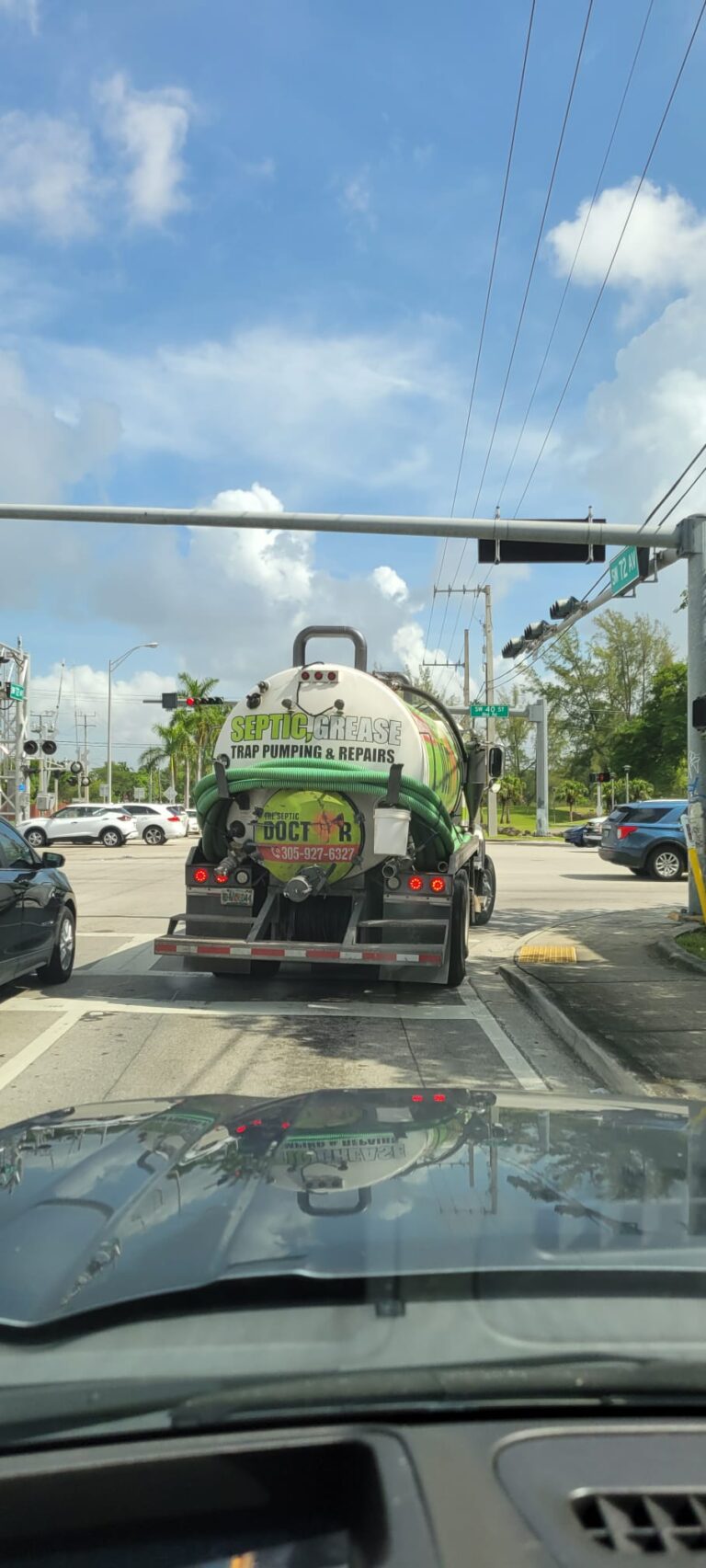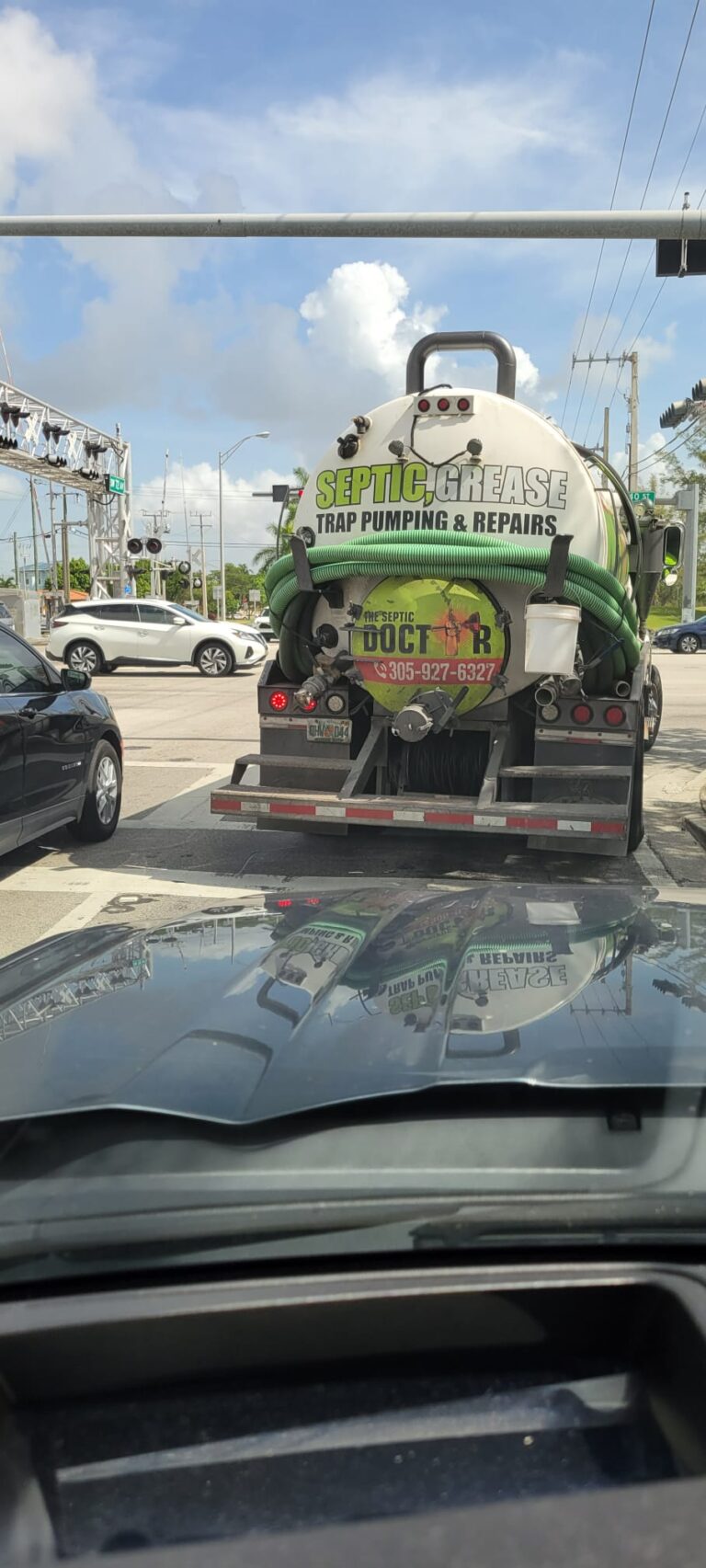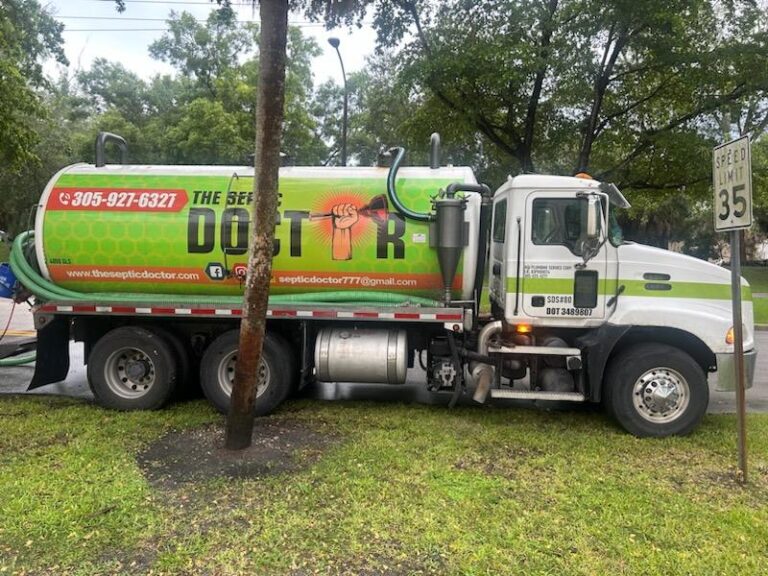How Often Should You Pump Your Septic Tank in Miami: Expert Advice from The Septic Doctor
Introduction
Maintaining a healthy septic system is crucial for the smooth operation of your home’s plumbing and wastewater disposal. If you’re a homeowner in Miami, you’re likely aware of the unique challenges that the region’s climate and soil conditions can pose for septic systems. One of the key maintenance tasks is septic tank pumping, which ensures that your system functions efficiently and prevents costly issues down the line. In this comprehensive guide, brought to you by The Septic Doctor, Miami’s leading septic experts, we’ll delve into the essential factors that determine how often you should pump your septic tank.
Understanding Your Septic System
Before we delve into the pumping frequency, let’s briefly review how a septic system works. A septic system consists of several components, including the septic tank and a drainfield. Wastewater from your household flows into the septic tank, where solid waste settles at the bottom and forms sludge. Bacteria break down the solids, converting them into liquid and gas. The liquid portion, known as effluent, flows into the drainfield, where it is further treated by the soil.
Factors Influencing Pumping Frequency
-
Household Size: The number of occupants in your home significantly affects septic tank pumping frequency. A larger household generates more wastewater, which can lead to faster accumulation of sludge and solids in the tank.
-
Tank Size: The size of your septic tank matters. Larger tanks can hold more waste before needing to be pumped, while smaller tanks may require more frequent pumping.
-
Water Usage: Excessive water usage, such as running multiple appliances simultaneously or ignoring water-efficient practices, can overload the septic system, prompting more frequent pumping.
-
Waste Disposal Practices: Flushing non-biodegradable items, grease, and chemicals down the drain can disrupt the septic system’s natural processes and lead to more frequent pumping needs.
-
Soil Conditions: Miami’s high water table and porous soil can affect how quickly the drainfield absorbs effluent. If the soil doesn’t absorb the liquid efficiently, it can lead to an increased need for tank pumping.
-
Maintenance Habits: Regular maintenance, including inspecting the system for leaks and blockages, can extend the time between pumping sessions.
Recommended Pumping Frequency
Considering the factors mentioned above, it’s generally advised to have your septic tank pumped every 3 to 5 years in Miami. However, this is a general guideline, and the actual frequency might vary based on your specific circumstances. The Septic Doctor recommends that you consult their team of experts to assess your system and provide personalized recommendations.
Signs Your Septic Tank Needs Pumping
While following a routine pumping schedule is essential, it’s also crucial to be aware of signs that your septic tank might need attention sooner:
-
Slow Drains: If your sinks, showers, and toilets are draining slower than usual, it could indicate a full septic tank.
-
Odor Issues: Foul odors around your yard or indoors can point to a septic tank that’s due for pumping.
-
Pooling Water: If you notice pools of water or overly lush grass around the drainfield, it might signal an overflowing septic tank.
-
Gurgling Pipes: Gurgling sounds when you flush or use water could be a sign of blockage or a full septic tank.
Conclusion
Maintaining your septic system is a vital responsibility for any homeowner in Miami. Regular septic tank pumping, based on factors like household size, tank size, and water usage, is key to preventing costly issues and ensuring the longevity of your system. By following the recommended guidelines and staying vigilant for signs of trouble, you can keep your septic system in top-notch condition. For expert advice and personalized recommendations tailored to your situation, don’t hesitate to reach out to The Septic Doctor, Miami’s trusted septic professionals. Your septic system will thank you with trouble-free operation for years to come.




